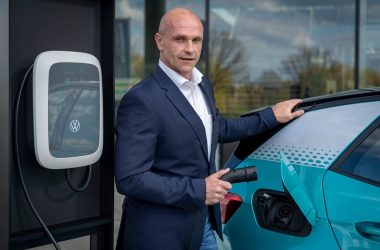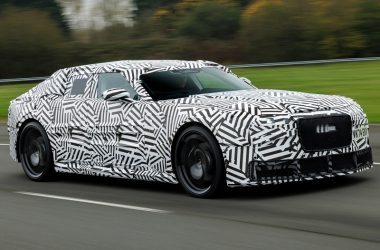In the bustling corridors of modern cities, the need for an efficient and sustainable urban transport system has never been more pressing. With urban planning under the purview of State Governments, the onus is on these bodies to plan, initiate, and develop transport infrastructure that integrates various modes of public transport. However, the Central Government has played a crucial role in guiding and supporting these efforts through a series of policies and financial assistance programs.
National Urban Transport Policy: A Framework for the Future
The National Urban Transport Policy (NUTP) of 2006 laid the groundwork for sustainable urban transport systems. It was followed by the Metro Rail Policy and Transit-Oriented Development Policy in 2017, which emphasized integrated planning and the use of clean fuels. These policies serve as comprehensive guides for State Governments, ensuring that urban transport systems are not only efficient but also environmentally friendly.
Financial Boost for Electric Vehicles
The Central Government has been proactive in promoting the adoption of electric vehicles (EVs). Through the Faster Adoption and Manufacturing of Electric Vehicles (FAME) scheme, now in its second phase (FAME II), substantial financial assistance is provided to encourage the use of EVs. This initiative is crucial in reducing urban pollution and dependence on fossil fuels.
In August 2023, a significant milestone was achieved with the launch of the PM-eBus Sewa scheme. This ambitious project aims to deploy 10,000 electric buses for city bus operations, backed by a substantial central assistance of ₹20,000 Crore. The scheme not only enhances urban transport but also aligns with the broader goal of reducing carbon emissions and promoting sustainable urban mobility.
Promoting Clean Fuels and EV Infrastructure
The Ministry of Road Transport and Highways has issued several notifications to promote the use of electric vehicles and clean fuels. These measures include:
- Permit Exemptions: Battery-operated transport vehicles and those running on ethanol and methanol fuels are exempt from permit requirements. This step reduces bureaucratic hurdles and encourages the adoption of cleaner fuels.
- Fee Waivers: Battery-operated vehicles are exempt from the payment of fees for the issuance or renewal of registration certificates and the assignment of new registration marks. This financial incentive makes EVs more accessible to the public.
- Tourist Permits: All-India tourist permits for battery-operated vehicles are issued without the need to pay registration fees. This facilitates the use of electric vehicles in the tourism sector, promoting green tourism.
- Retro-Fitment of Electric Kits: The retro-fitment of hybrid electric systems or electric kits to existing vehicles is encouraged, ensuring compliance with standards. This initiative allows for the modernization of older vehicles, reducing their environmental impact.
A Coordinated Effort for Sustainable Transport
These initiatives highlight a coordinated effort between the Central and State Governments to revolutionize urban transport. By integrating various modes of public transport, promoting the use of clean fuels, and providing financial incentives, the government is paving the way for a future where urban mobility is both efficient and sustainable.
In a written reply to the Rajya Sabha, Minister of State for Housing & Urban Affairs, Tokhan Sahu, underscored the importance of these measures. He emphasized that the collaborative efforts between different levels of government are essential for the successful implementation of these policies.
The journey towards a sustainable urban transport system is complex and multifaceted. However, with the continued commitment of both the Central and State Governments, India is well on its way to achieving a cleaner, more efficient, and more integrated urban transport network. This revolution in urban mobility promises not only to ease the daily commute for millions but also to contribute significantly to environmental conservation and the fight against climate change.




